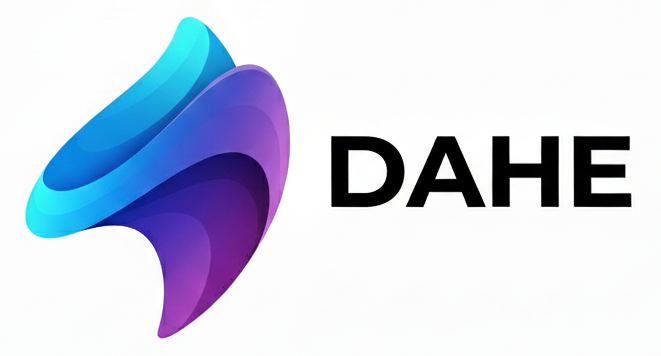[ad_1]
The Battle Begins: Decentralized vs. Centralized Exchanges
The world of cryptocurrency has seen a surge in popularity in recent years, giving rise to a multitude of digital currency exchanges. These exchanges serve as the marketplaces for buying, selling, and trading cryptocurrencies. However, with the increasing popularity of decentralized currency, a new challenge is emerging in the form of decentralized exchanges. This has sparked a battle between centralized and decentralized exchanges.
What are Centralized Exchanges?
Centralized exchanges are operated by a single entity that controls the majority of the exchange operations. These entities hold users’ funds, and all transactions must go through the centralized entity. Centralized exchanges follow a traditional model of centralization where an organization controls all the operations and infrastructure.
What are Decentralized Exchanges?
Decentralized exchanges (DEXs) differ from centralized exchanges as they are built on a blockchain. They do not rely on a central authority for operations and maintenance. DEXs allow peer-to-peer trading of cryptocurrency directly from one wallet to another without any intermediary. The user controls their funds, which cannot be hacked, frozen, seized, or shut down.
The Advantages of Decentralized Exchanges
Decentralized exchanges have several advantages over their centralized counterparts. Since the transactions are direct wallet-to-wallet, there is a negligible risk of hacks or system crashes. DEXs are more secure and do not store users’ private keys, which eliminates the risk of third-party cyberattacks. This enhances user privacy and security.
Moreover, DEXs facilitate cross-chain swaps, meaning that traders can exchange tokens from different blockchain networks. This has led to the emergence of decentralized finance (DeFi), which enables users to participate in several DeFi protocols without relying on a centralized intermediary.
The Advantages of Centralized Exchanges
Centralized exchanges are still more efficient in terms of speed and transaction volume compared to DEXs. They have larger user bases, offering more liquidity and a wider range of trading pairs. Moreover, centralized exchanges provide dedicated customer support services that make trading easier in the long term.
Centralized exchanges also offer advanced trading features like margin trading and derivatives, which attract institutional investors. These features pose security risks that DEXs do not have since users control their private keys. This means lower risks for DEXs but also fewer advantages, making it more difficult for DEXs to attract institutional investors.
Conclusion
The choice between centralized and decentralized exchanges depends on the users’ priorities. Centralized exchanges offer ease of use, liquidity, and advanced trading features, while DEXs provide privacy, security, and cross-chain swaps. The need for DEXs may increase as the demand for privacy, security, and decentralization increases. The battle between centralized and decentralized exchanges is ongoing, and it may be difficult to choose a winner. It is likely that the two will coexist in the digital currency market for the foreseeable future.
Centralized and decentralized exchanges are battling for dominance in the cryptocurrency world. Centralized exchanges offer efficiency and advanced features, while decentralized exchanges offer privacy, security, and cross-chain swaps. It is likely both will coexist in the digital currency market in the future.
#Battle #Begins #Decentralized #Centralized #Exchanges
[ad_2]





Leave a Reply